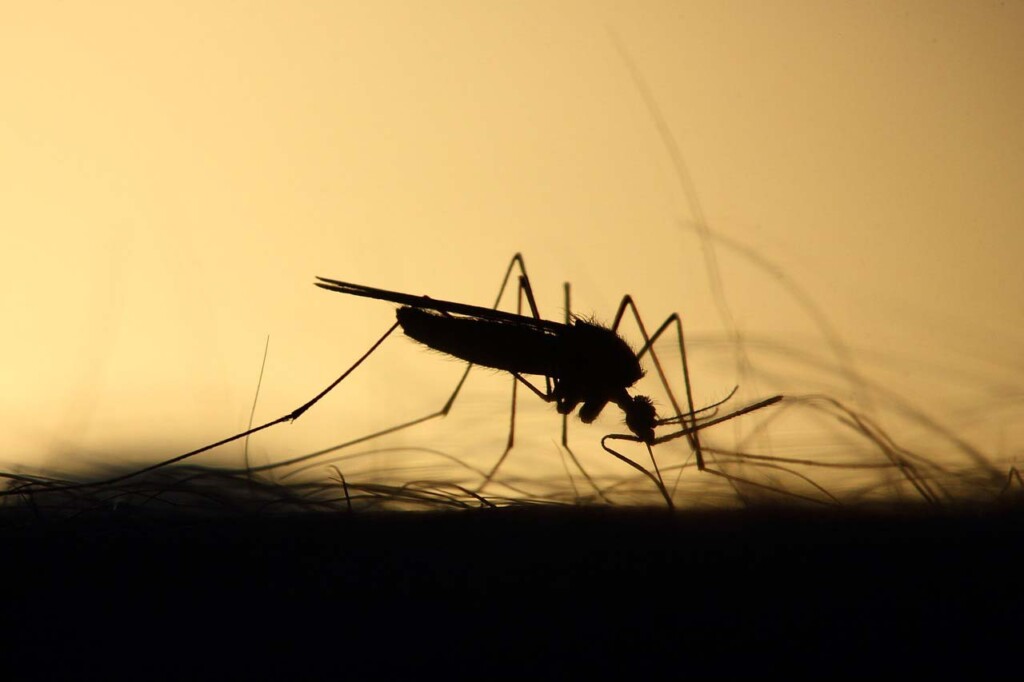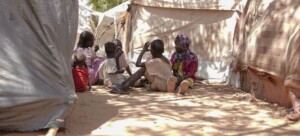Cholera and dengue fever continue to spread rapidly in Sudan

Mosquitoes are the main vectors for dengue fever (File photo: CC / Emphyrio via Pixabay)
Sudan is grappling with a growing health crisis as dengue fever and cholera continue to spread across the country. The rapid expansion of these diseases has raised serious concerns, posing significant challenges to the country’s healthcare infrastructure, as new cases were reported from Khartoum, El Gezira, El Gedaref, and West Kordofan this week.
In Khartoum North, the Sharg El Nil (East Nile) Emergency Room reported a surge in cholera cases in the densely populated Haj Yousef neighbourhoods over the past week. The El Ban Jedid Hospital recorded 40 cases, including two fatalities, from October 14 to 19.
The disease spread to new areas, with 12 neighbourhoods in El Haj Yousef affected, in particular the areas of El Tawidat and Dar El Salam.
In El Gezira, south of Khartoum, the state Health Emergencies and Epidemic Control Department registered a total of 274 suspected cases of cholera, “including eight fatalities and 183 recoveries,” between October 9-23.
The department’s cumulative report for dengue fever, covering the period from September 13 to October 18, recorded 148 suspected cases, “with 126 confirmed positive cases through rapid examination and two fatalities”.
The Director of the El Gezira Ministry of Health IN Wad Madani urgently called on the people to take preventative measures, such as “emptying, drying, and washing water storage tanks, utensils, and containers every three days”, to halt the breeding of mosquitoes, known to transmit dengue fever.
Health sources reported a significant rise in cholera and dengue fever cases in eastern Sudan’s El Gedaref until Wednesday.
The sources told Radio Dabanga that the number of dengue fever cases has risen to 2,421, including 33 deaths. The number of cholera patients rose to 916. 34 of them died of the disease.
They pointed to the emergence of cholera outside the city of El Gedaref, especially in Sarraf in El Galabat West.
Mohamed Abakar, specialised in vector-borne illnesses and director of the Environmental Health Department at the El Gedaref Ministry of Health, said that the state government has undertaken several measures to combat the spread of these diseases. It required well owners to chlorinate their wells, and temporarily closed markets and locations where food and beverages were sold.
“Three primary strategies were implemented to combat dengue vectors, including conducting health awareness campaigns, controlling mosquitoes within households, as well as indoor and outdoor spraying, targeting areas with standing water.” Abakar urged “public cooperation and assistance on designated spraying days”.
He expressed his concerns about the potential escalation of cholera in the region, and criticised the level of support from the World Health Organisation (WHO) and the UN Children’s Fund (UNICEF) as “inadequate”.
In En Nehoud in West Kordofan, health sources identified six cases of dengue fever and an additional 17 suspected cases.











 and then
and then